Deborah Niemann – Goat Nutrition
$47.00 Original price was: $47.00.$19.00Current price is: $19.00.
Digital Download: You will receive a download link via your order email
Should you have any questions, please contact us: [email protected]
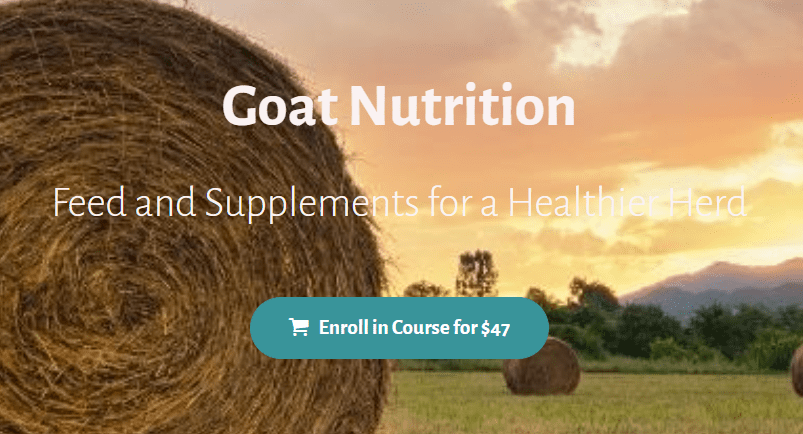 Deborah Niemann – Goat Nutrition
Deborah Niemann – Goat Nutrition
Feed and Supplements for a Healthier Herd
- Do you have bucks foaming at the mouth?
- Does it seem that coccidia in your kids is inevitable?
- Do your does have sluggish labors or retained placentas?
- Do newborns have trouble holding a teat in their mouth and nursing effectively?
- Do your goats always seem to have parasite problems, even though you are rotating pastures?
A possible explanation for all of these problems is simply a nutritional deficiency!
- Are you confused about which goat mineral is best for your goats?
- Do you know the difference between a good diet for a buck, a doe, and a wether?
- Do you know how much zinc should be in your goat minerals — and the ratio of the zinc to copper — so that you can avoid zinc deficiency?
- Are you unsure of the difference between baled hay and hay pellets and when you should feed each one?
- Do you know how to avoid vitamin A deficiency?
The answers to these questions are not complicated or expensive! For example, you can avoid vitamin A deficiency by simply ensuring that your goats are getting plenty of green grass or browse or green hay.
You do not need to spend a small fortune on a variety of supplements or herbs. You simply need to figure out exactly which minerals and vitamins your goats need to thrive on your farm. You can’t just copy someone else’s feeding plan and expect it to work because they have different soil, different forage, different water, and different genetics on their farm — even if they are nearby!
For 20 years, a friend four miles away from me had a herd of goats that had a completely different set of nutritional issues than my herd. Her goats were on a dry lot drinking city water while mine were on pasture drinking well water. She had vitamin E deficiency from a lack of fresh pasture, and mine had copper deficiency from well water that was high in sulfur and iron. Had she supplemented her goats with copper like I did, she could have wound up with dead goats from copper toxicity!
There is no one-size-fits-all feeding plan for goats!
But that doesn’t mean that it’s hard or expensive. You simply need to know what goats need, and you need to be able to identify the symptoms of different deficiencies, in case you ever see them.
I learned this one simple truth about 15 years ago …
If you get nutrition right, goats are extremely healthy animals, and you will seldom need to call the vet. If you get the nutrition wrong, you will be in for a world of heartache, dealing with a variety of illnesses, and calling the vet constantly.
Your Instructor
In 2002, Deborah and her family moved to 32 acres on a creek in the middle of nowhere to grow their own food organically. With the help of goats, sheep, pigs, and poultry, they produce 100% of their meat, eggs, and dairy products, as well as a large percentage of their vegetables, fruit, and herbs. Deborah is the author of six books, including Homegrown and Handmade, Ecothrifty, and Raising Goats Naturally, as well as her latest book, Goats Giving Birth. She also teaches sustainable agriculture courses online for the University of Massachusetts – Amherst. She has been teaching Raising Dairy Goats Sustainably since 2013 and Pastured Poultry since 2015.
Course Curriculum
- Intro to Goat Nutrition (5:06)
- Overview of Goat’s Diet (6:08)
- Rotational Grazing (17:16)
- What about hay? (15:20)
- Grain (8:14)
- How to choose goat feed and minerals (19:49)
- Types of Mineral Deficiencies (1:20)
- Copper Deficiency (26:19)
- Selenium Deficiency (17:30)
- Vitamin E Deficiency (3:49)
- Zinc Deficiency (4:56)
- Iodine Deficiency (1:24)
- Cobalt Deficiency (2:20)
- Training Slides (downloadable)
- Goat Mineral Comparison Chart
Sale Page: https://thriftyhomesteader.teachable.com/p/goat-nutrition
Archive: https://archive.ph/wip/Seuvt
Delivery Method
Be the first to review “Deborah Niemann – Goat Nutrition” Cancel reply
Related Products
Everything Else
Everything Else
Everything Else
Everything Else
Everything Else
Everything Else
Everything Else



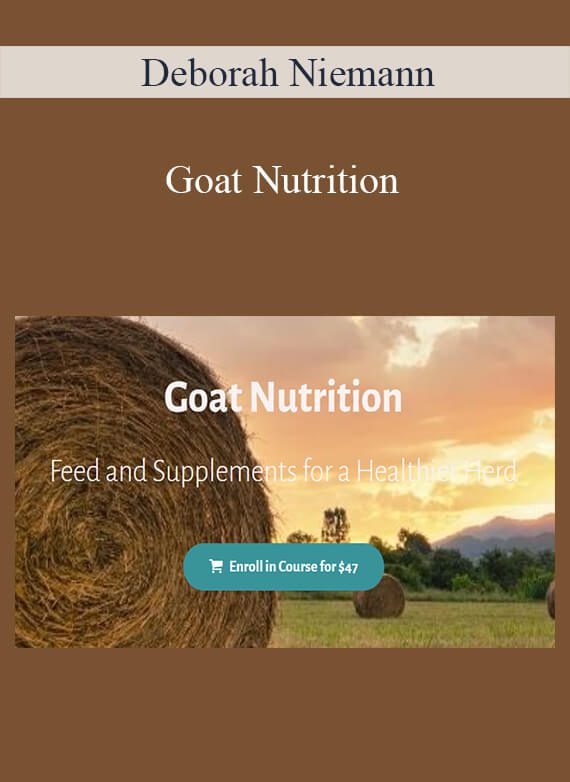
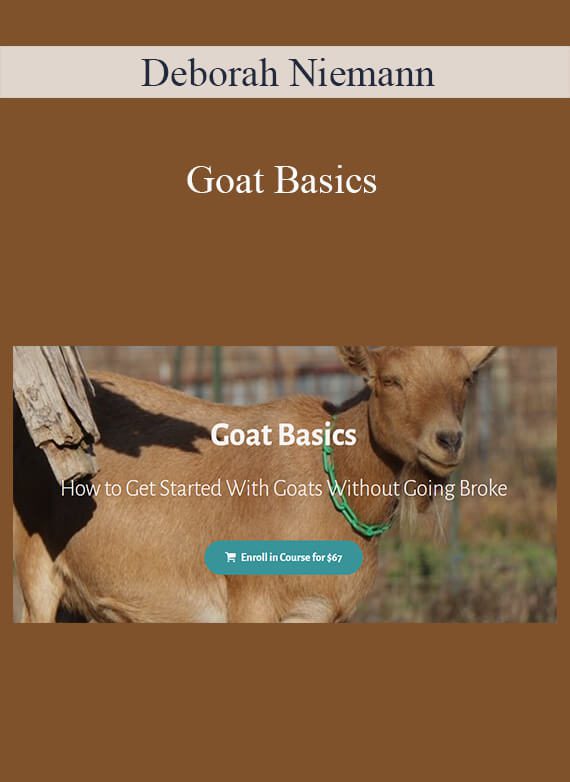

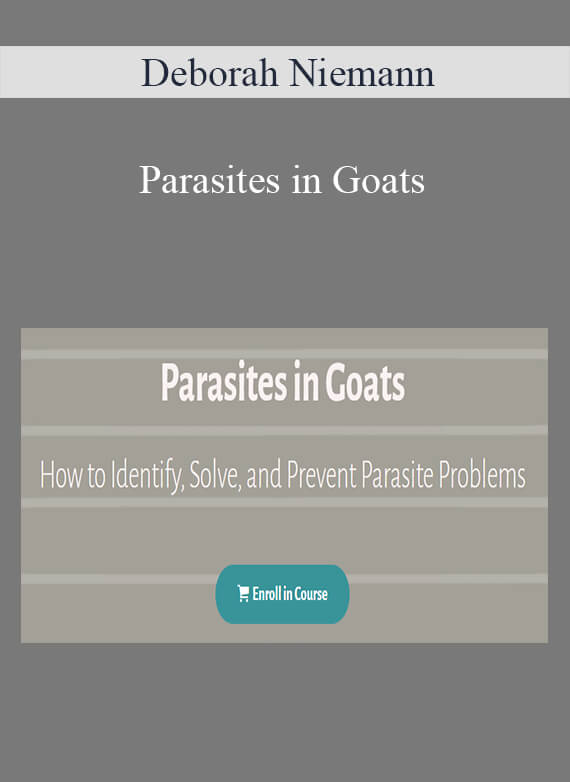
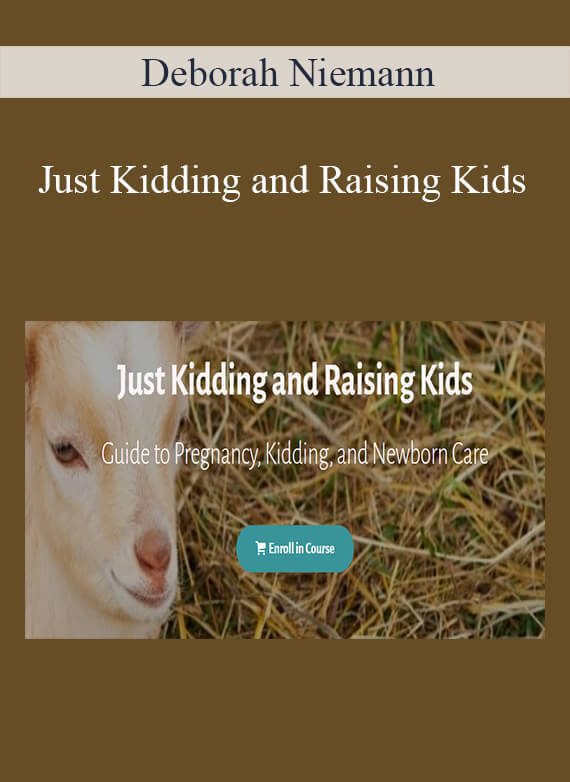
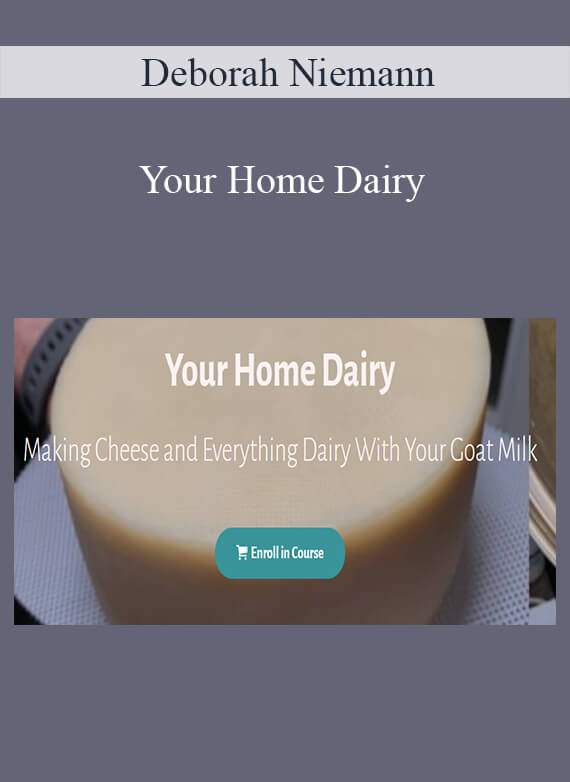
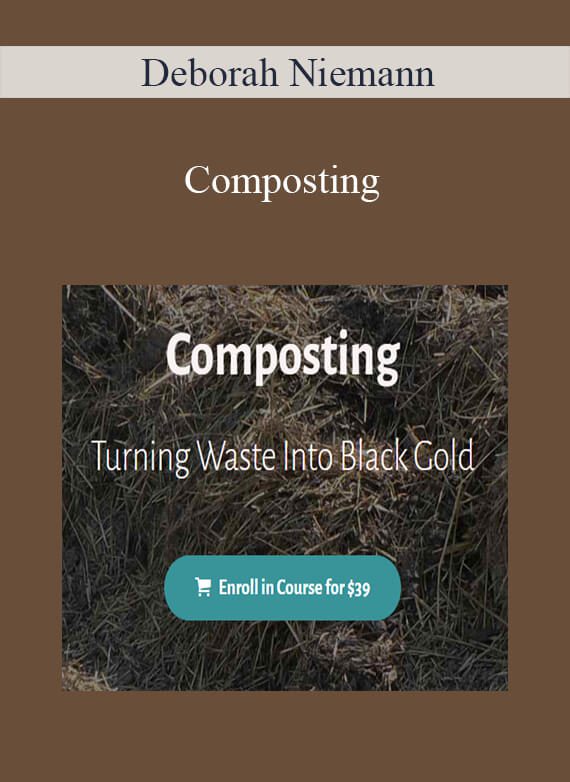
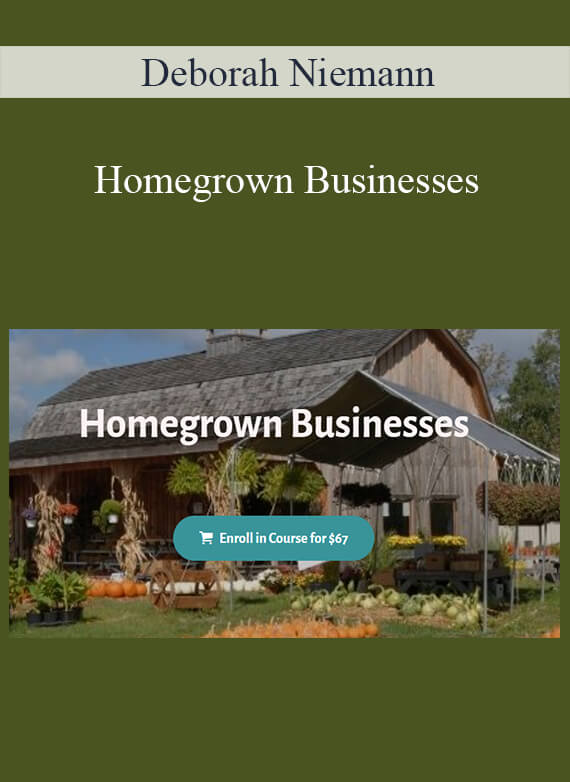
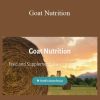
Reviews
There are no reviews yet.